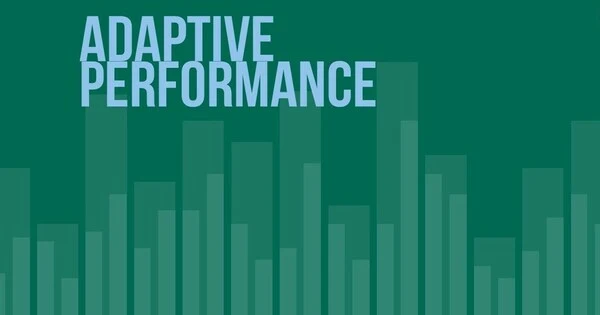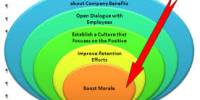Adaptive performance in the workplace refers to the ability to adjust to and comprehend change in the workplace. A versatile individual is regarded as crucial to an organization’s success. It is a term used in a variety of industries, such as technology, sports, and human behavior, to express the ability to change and optimize performance in response to changing situations or circumstances.
Employers prefer individuals with high adaptability because of the beneficial results that result, such as excellent work performance, work attitude, and stress management skills. Employees who exhibit strong adaptive performance in an organization have an edge in terms of career chances over employees who are not adaptable to change. Pulakos and colleagues identified eight dimensions of adaptable performance in prior research.
Here are a few contexts in which adaptive performance is commonly discussed:
- Technology and Computing: Adaptive performance, in the context of computer systems and software, refers to a system’s ability to dynamically modify its behavior or resource allocation in response to changing situations. For example, when a running application requires greater processing power, an operating system may assign additional CPU resources to it, while decreasing resources when the application’s demands diminish. This promotes resource efficiency and responsiveness.
- Sports and Athletics: Athletes must frequently alter their performance to a variety of factors such as weather, opponent strategies, or their own physical condition. Making real-time judgments and modifications to enhance performance based on these aspects is what adaptive performance in sports is all about. For example, a tennis player might change their strategy during a match based on their opponent’s weaknesses or strengths.
- Human Resources and Management: Adaptive performance in the workplace refers to an employee’s capacity to adjust and flourish in a variety of scenarios, even those outside of their normal job obligations. It entails being adaptable, gaining new abilities, and skillfully responding to unanticipated situations. Employees who demonstrate adaptive performance are frequently seen as important assets by their businesses.
- Psychology and Behavior: Adaptive performance in psychology refers to an individual’s ability to alter their behavior, ideas, or emotions in order to effectively cope with various events or pressures. It entails being adaptable, open to change, and capable of problem-solving in a fast-paced setting.
- Education and Learning: Adaptive performance in education refers to a student’s capacity to modify their learning tactics, study habits, and problem-solving approaches based on their progress and the problems they confront. It can also refer to the development of adaptive learning technologies that customise educational content based on the requirements and performance of individual students.
Adaptive performance in all of these contexts refers to being adaptable, responsive, and capable of making the necessary adjustments to succeed or perform optimally in changing conditions. It frequently requires a combination of abilities, such as problem-solving, decision-making, learning, and the capacity to successfully manage and distribute resources.
















